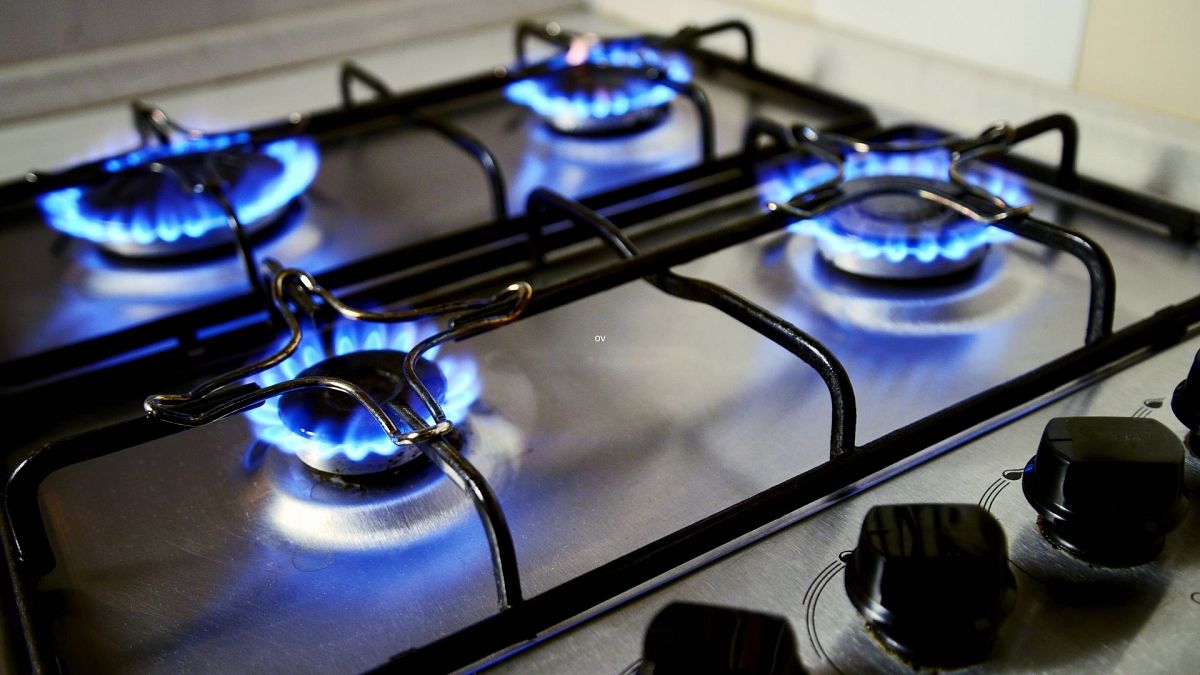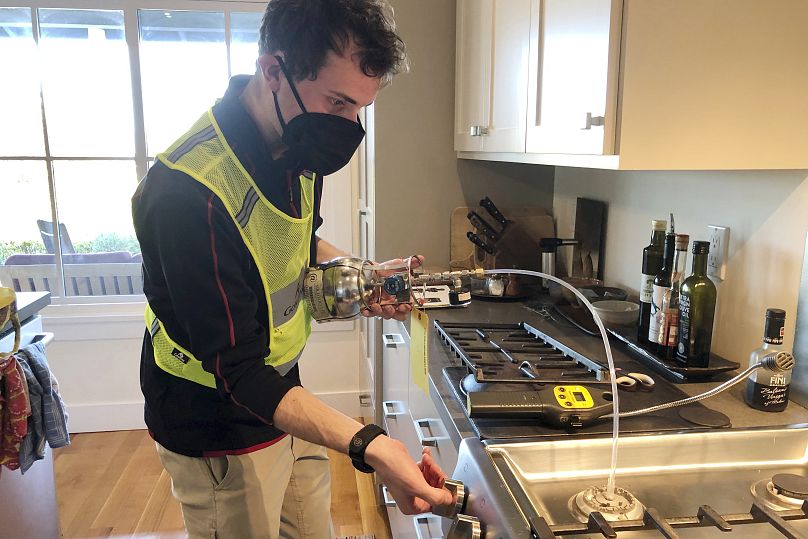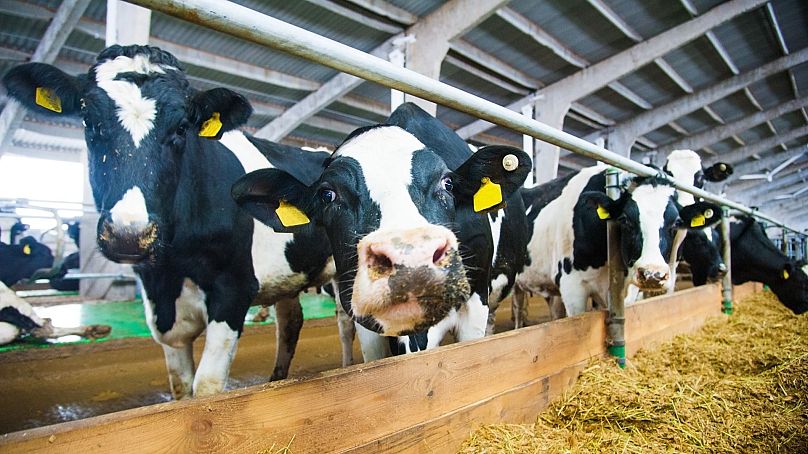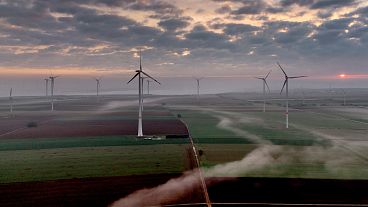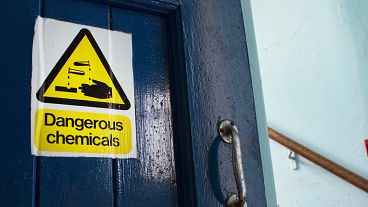Gas stoves are worse for the climate than first thought.
Gas stoves are contributing more to global warming than previously thought because of constant tiny methane leaks while they're off, according to a new study in the US.
The same study that tested the emissions of stoves in our homes, raised new concerns about indoor air quality and health because of the levels of nitrogen oxide measured.
Even when they are not running, gas stoves in the US are putting 2.4 million tonnes of methane - in carbon dioxide equivalent units - into the air each year. The researched was carried out in California and published in the journal Environmental Science & Technology.
That's equivalent to the annual amount of greenhouse gases from 500,000 cars or what the United States puts into the air every three and a half hours.
"They're constantly bleeding a little bit of methane into the atmosphere all the time," says the study's co-author Rob Jackson, a Stanford University climate scientist.
That amount of methane is on top of the 6.2 million tonnes of carbon dioxide that gas stoves emit into the air when they are in use and the gas is burned, the study says. Methane is a greenhouse gas that is dozens of times more potent than carbon dioxide but doesn't stay in the atmosphere nearly as long and isn't as plentiful in the air.
What exactly did the study measure?
The researchers examined 53 home kitchens in California - many in bed and breakfasts they rented.
They sealed most of the rooms in plastic tarps and then measured emissions when the stoves were working and when they were not. What was surprising was that three-quarters of the methane released happened while the stoves were off, says Jackson. Those are emission releases that the government doesn't account for.
"That's a big deal because we're trying to really reduce our carbon footprint and we claim that gas is cleaner than coal, which it is," explains study lead author Eric Lebel, a scientist at PSE Healthy Energy, a nonprofit in Oakland, US. But he said much of the benefit disappears when leaks are taken into account.
Many American communities have banned the use of gas stoves in future new construction, including New York City and the Bay Area cities of San Francisco, Oakland, San Jose, and Berkeley, adds Jackson.
He estimates that when all-natural gas use and extraction is taken into account, about 91 million tonnes of gas leaks into the atmosphere. And that couple of million tonnes from gas stoves "is meaningful".
"That's a substantial part and it's a part that we haven't included accurately in the past."
The methane leak isn't dangerous to human health or as a possible explosive, Jackson said. But when conducting the tests, researchers found high levels of nitrogen oxides, greater than 100 parts per billion.
Jackson says the US Environmental Protection Agency doesn't have indoor air quality standards for that gas, but the measurements they took exceed its outdoor air quality standards.
While methane doesn't include nitrogen, the nitrogen oxides are byproducts of the combustion in natural gas ovens and people should always use hood ranges and make sure they have proper ventilation.
Jackson, who has a gas stove that he plans to replace, said he never used ventilation before this study, but that he now does so every time.
"I never used the range hood. Now I always use it, every time. Seriously, I think about it far more than I wish I did, too. And now I nag my children and friends, as well," he tells AP.
Why is methane bad for the environment?
Since the Industrial Revolution, methane concentrations in the atmosphere have more than doubled, and about 20 per cent of our planet's warming can be attributed to the gas, according to National Geographic.
About one third of all the methane floating in the atmosphere comes from wetlands. But today, human-influenced sources make up the bulk of it. Cows produce a lot through their farts and burps - and with 1.4 billion cattle in the world, that number is growing as demand for beef and dairy increases. So together with other grazing animals, they contribute about 40 per cent of the annual methane budget.
Methane that is released into the atmosphere before it is burned is harmful to the environment because it is able to trap heat, contributing to climate change.
It has more than 80 times the warming power of carbon dioxide over the first 20 years after it reaches the atmosphere.
According to the Environmental Defense Fund, acting now to reduce methane emissions will have immediate benefits to the climate. Reductions carbon dioxide cannot provide on its own.
